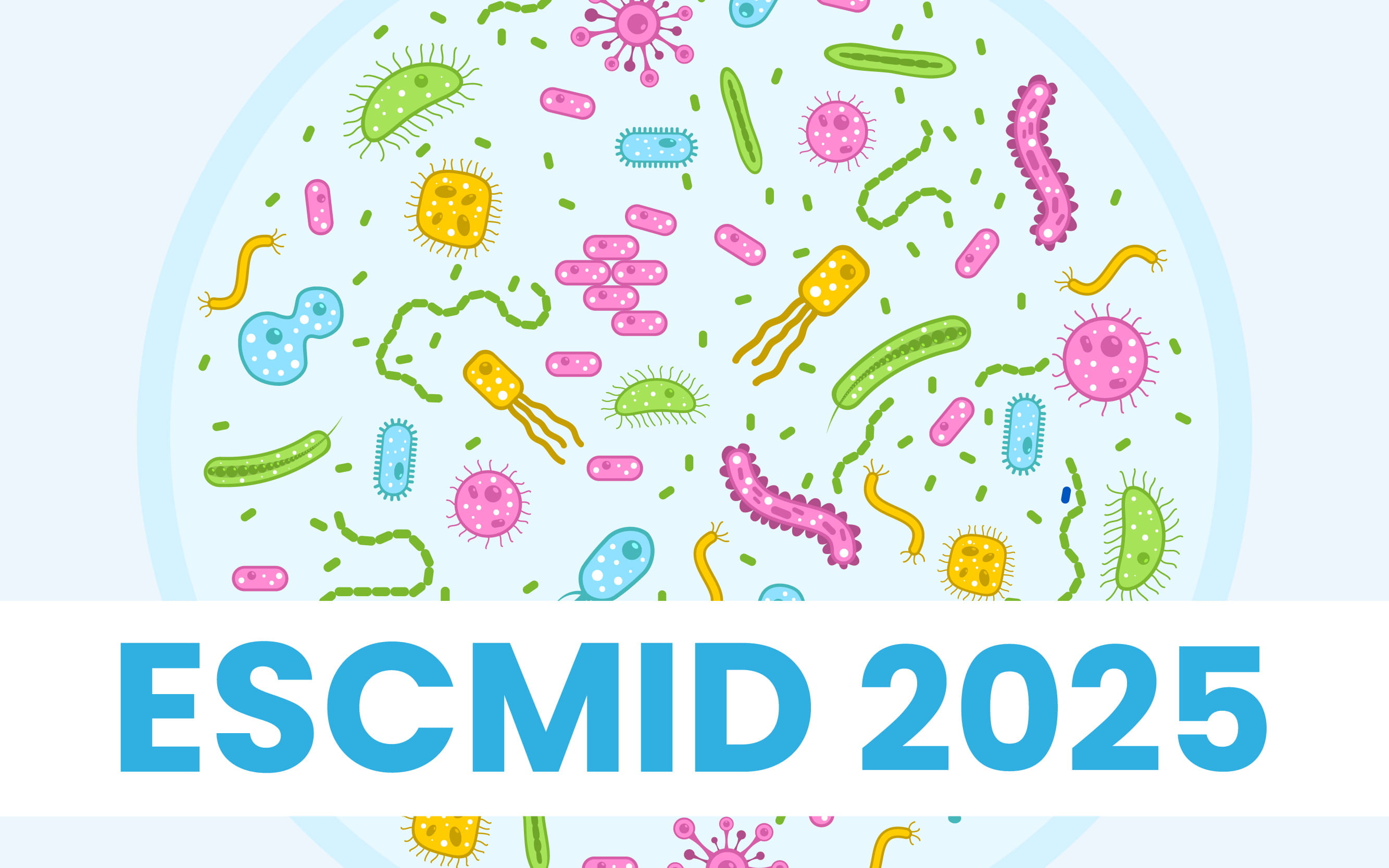ISID 2022: Stopping the Next Pandemic Before it Strikes
The session focussed on the Taiwan model for pandemic prevention: stopping the next pandemic before it strikes and developing a global written comprehensive strategy for COVID-19 management.
The epidemic curve of the SARS outbreak in Taiwan occurred in 2003 with general susceptibility and a high fatality rate. Followed by which the government of Taiwan's amended communicable disease control act, especially for zoonotic emerging diseases. They also enhanced hospital infection control and communicable disease surveillance and reporting system. Minimizing health inequality through international collaboration and global solidarity is essential for pandemic containment. The Taiwan government also used innovative technology to establish disease control and build an e-fence system to provide health care and support care to isolated/quarantined people. If anyone leaves the e-fencing system, an alert SMS is sent to local health authorities, followed by which they make a site visit and impose a fine in appropriate cases. In Taiwan, more than 1 million people were home quarantined, of which 9000 tested positive. 99.7% of people in Taiwan followed government policies, whereas only 0.25% violated the rules. Precise prevention, early deployment, transparency with people, and an adequate supply of healthcare resources and economic gross are also important in disease prevention.
In phase 1 containment, Taiwan seems to be very successful as Taiwan had the lowest covid-19 death rate in a study of Cumulative confirmed COVID-19 cases per million people by November 2020. In phase II, vaccination rates were low initially, but currently, Taiwan is second among countries in vaccination status. In addition, Taiwan ranked top no.1 among 120 countries worldwide for the Nikkei COVID-19 recovery index. Similarly, in phase III, Taiwan is in fourth place in vaccine boosters administered next to Chile, Japan, and Belgium.
Transparency, public trust and solidarity are natural products of a vibrant democracy.
Despite notable scientific and medical advances, highly transmissible variants continue to spread globally, while surveillance for variants of concern remains broadly inadequate. Long covid has emerged as a severe chronic condition that represents a considerable disease burden and still lacks adequate understanding and appropriate preventive or curative solutions.
To develop a written comprehensive strategy for COVID-19 management, a process of creating a global consensus statement was initiated. Panellists were from 112 countries and territories with 386 multi-disciplinary COVID-19 experts, of which 195 panellists were from low-middle income countries. There are 57 key recommendations in 6 domains- health systems, prevention, communication, pandemic inequities, treatment and care and vaccination. Some top recommendations included adopting a whole-of-society approach, a vaccine-plus approach and making tests and treatment affordable for all people. Hence, a multifaceted public health vaccine-plus approach is needed, which includes testing, surveillance, treatment, community engagement and implementation of social prevention measures and structural interventions such as improved ventilation.
P02 International Society for Infectious Diseases (ISID) Congress 2022, 17th-20th Nov. 2022, Malaysia


